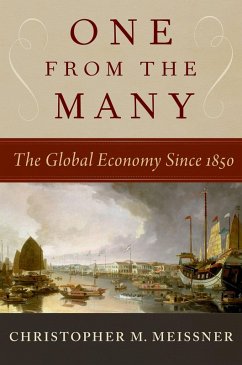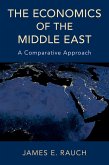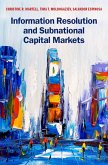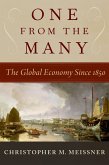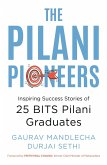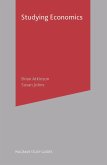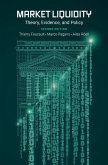Amid a recent surge in arguments that the global economy has begun to "de-globalize," a question has emerged: will globalization survive? In
One from the Many: The Global Economy since 1850, Christopher M. Meissner argues that based on the long-run of history, globalization will not be easily vanquished. This brief introduction to the economic history of the global economy and the process of globalization since 1850 tracks and explains changes in international trade, migration, and capital flows over time. All key indicators of globalization rose between 1850 and 1914 during the first wave of globalization. Between 1918 and 1939 the global economy stagnated, suffering a momentous collapse during the Great Depression of the 1930s. After World War II, the global economy re-emerged and integration deepened. A long-run view suggests that rising integration and growth of global economy can generate economic benefits and raise welfare. Given these lessons, the global economy will almost surely survive and integration will continue to grow. However, globalization can only survive if humanity continues to recognize its common interests and the untapped potential of further integration. At the same time, the potential adverse effects of greater integration must be acknowledged, mitigated, and minimized. Meissner's brief history of the global economy offers economics, political science, and history students a new perspective on the history of its subject matter, with an eye on a future where globalization has the potential to persist as an integrative force.
Dieser Download kann aus rechtlichen Gründen nur mit Rechnungsadresse in A, B, BG, CY, CZ, D, DK, EW, E, FIN, F, GR, HR, H, IRL, I, LT, L, LR, M, NL, PL, P, R, S, SLO, SK ausgeliefert werden.

